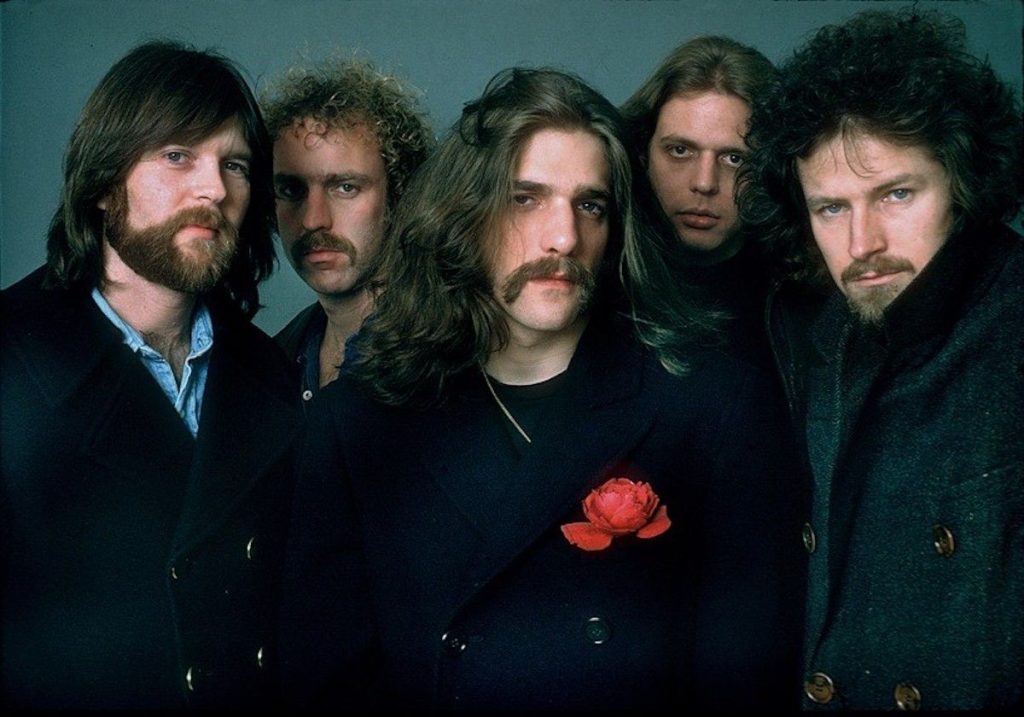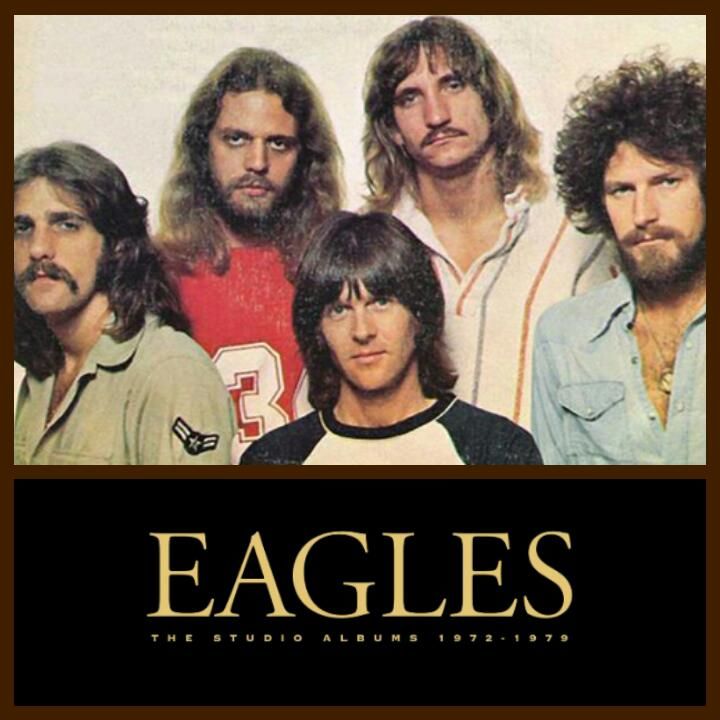
A Bewitching Tale of Mystery and Allure
When the Eagles released “Witchy Woman” in 1972, it quickly captured the imaginations of listeners with its haunting melodies and enigmatic lyrics. As the second single from their eponymous debut album, it soared to No. 9 on the Billboard Hot 100 chart, marking a significant milestone for a band that would soon become synonymous with the sounds of the 1970s. The song’s blend of rock and mysticism offered a new dimension to the Eagles’ musical repertoire, one that still resonates with audiences decades later.
At its core, “Witchy Woman” is a spellbinding narrative, a tapestry woven with threads of intrigue and allure. The song was primarily penned by Don Henley and Bernie Leadon, during a time when Henley was bedridden with the flu. In this state of fevered creativity, he found inspiration in historical figures like Zelda Fitzgerald, whose beauty and madness epitomized the enchanting yet perilous nature of the song’s titular character. Leadon’s contribution on the guitar added an otherworldly quality to the track, making it both mysterious and unforgettable.
The lyrics paint a vivid picture of a woman who is both captivating and dangerous, embodying a kind of dark magic that is as alluring as it is frightening. This duality is what makes “Witchy Woman” so fascinating; it speaks to our innate curiosity about the unknown, our attraction to what we cannot fully understand. The witchy woman in question could be seen as a metaphor for any number of life’s temptations and uncertainties that draw us in despite—or perhaps because of—their inherent risks.
Musically, “Witchy Woman” stands out with its hypnotic rhythm and eerie harmonies. The use of minor chords creates an atmosphere thick with suspense, while Henley’s distinctive vocal delivery enhances the song’s mystical aura. It’s easy to see why this track has endured over the years; its unique blend of rock and folklore continues to captivate listeners across generations.
For many older fans, hearing “Witchy Woman” is like stepping back in time to an era when music was an exploration of new ideas and emotions. It evokes memories of late-night radio shows, spinning vinyl records, and the sense of discovery that accompanied each new album release. The Eagles managed to capture something timeless in this song—a feeling that transcends the decades and speaks to the universal human experience.
In retrospect, “Witchy Woman” is more than just a song; it is a reminder of a bygone era when music had the power to enchant and transport us to worlds beyond our own. For those who lived through its initial release, it remains a cherished piece of their personal history—a soundtrack to moments long past but never forgotten. As we listen today, we are reminded not only of the song’s enduring appeal but also of its ability to evoke reflection and nostalgia in equal measure.
So as you let yourself be drawn into its spell once more, consider what “Witchy Woman” means not just as a piece of music, but as a lasting testament to the creative spirit that defined a generation—a true classic that continues to weave its magic on all who hear it.
